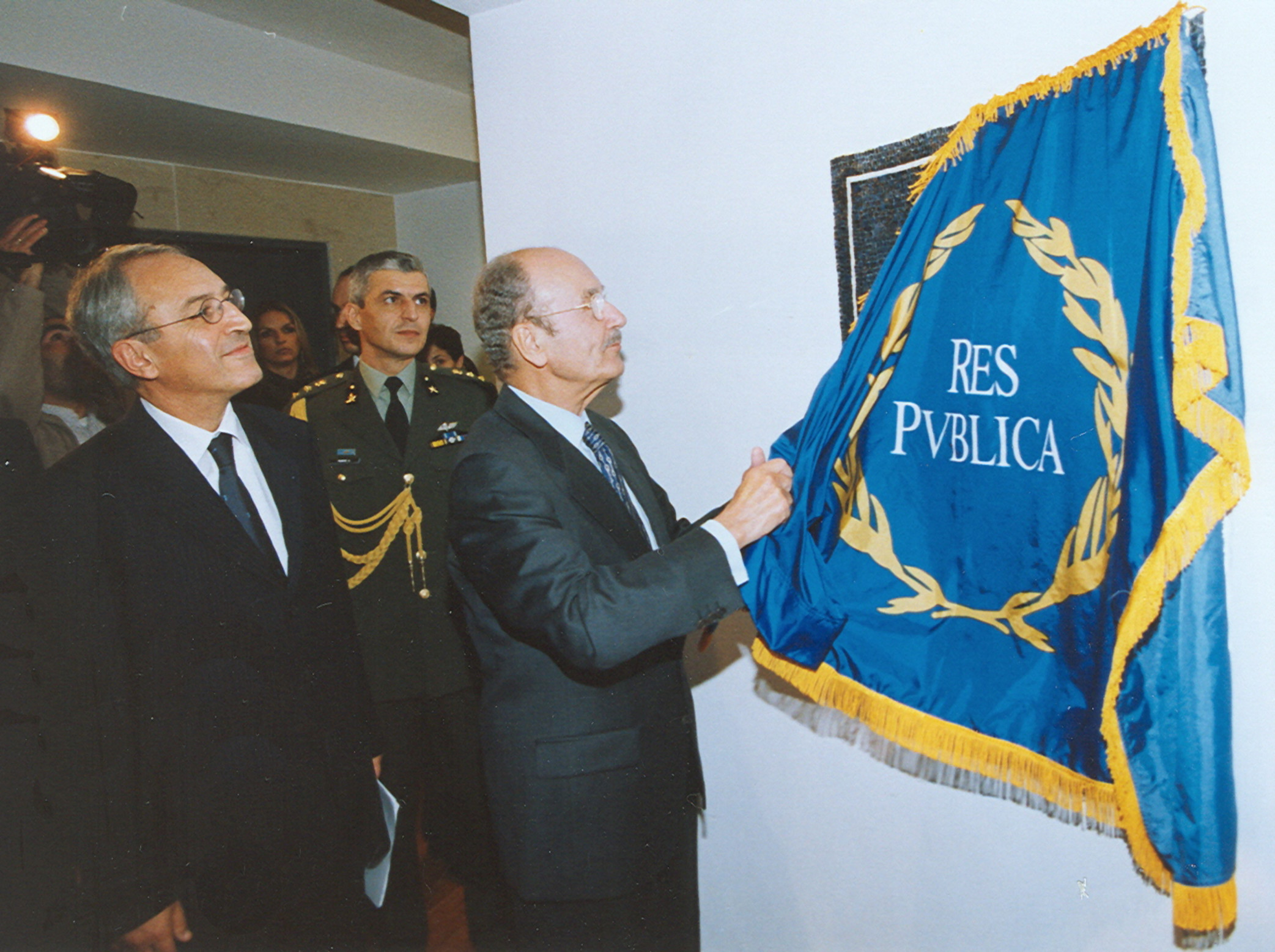The EPLO is the legal successor to the European Public Law Center (EPLC), a Greek non-profit institution of international character founded in 1995. The EPLC was created to advance the study, research, and application of public law—national, comparative, and European—and to support democratic institution building across Europe and beyond, a legacy which continues under the EPLO.
Since its inception, the EPLO has carried out extensive activities in support of European Public Law. These include academic research and education programs, legal training programs, consulting services, and participation in international bodies. Over more than 25 years, the Organization has addressed a wide range of issues—from comparative legal systems and constitutional reform to environmental law and democratic governance.
The EPLO has implemented over 300 projects across Europe, the Mediterranean, the Balkans, the Caucasus, the Middle East, Central and South Asia, Africa, Latin America, and the Small Island Developing States. Its work has contributed to legal harmonization, democratic institution building, and the promotion of democratic values through public law.
The Organization is governed by a Board of Directors composed of 14 member states, 6 public authorities, and 77 universities and institutes worldwide.
The EPLO has been granted Observer Status at several international organizations, including:
- The International Labour Organization (ILO) – 2015
- The World Intellectual Property Organization (WIPO) – 2015
- The International Organization for Migration (IOM) – 2016
- The United Nations General Assembly – 2018
- The Espoo Convention and SEA Protocol (UNECE)
- The Community of Portuguese-Speaking Countries (CPLP) – Associate Observer since 2021
The founding treaty remains open for accession by additional states and institutions. To date, 14 countries have ratified the Statute, affirming EPLO’s role as a global platform for advancing public law and democratic governance.


